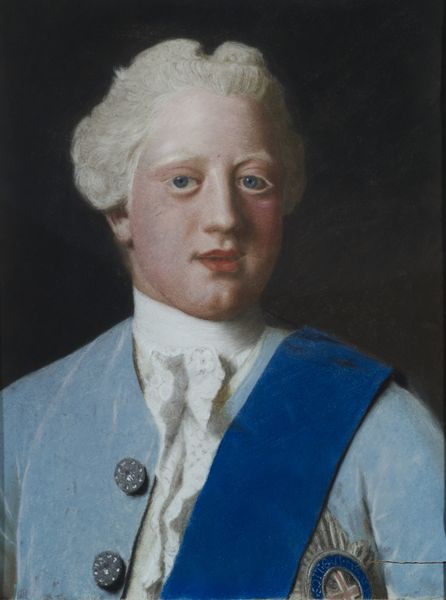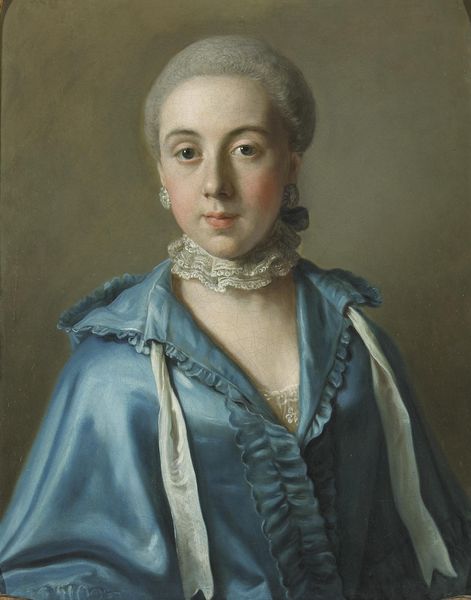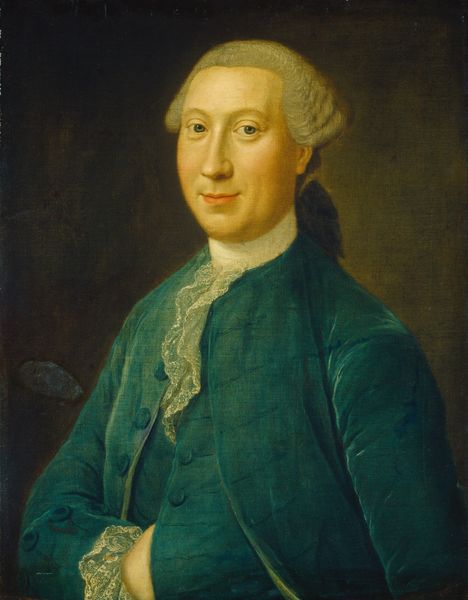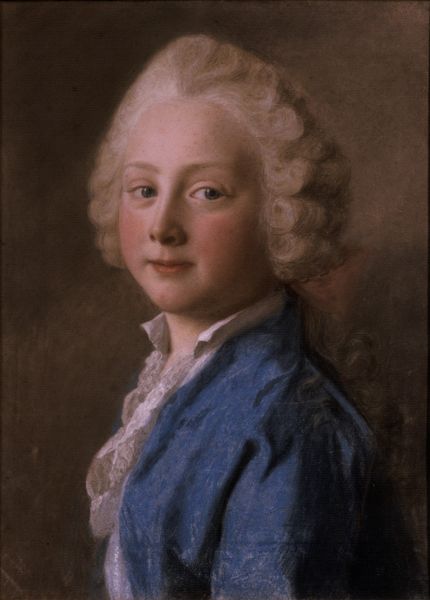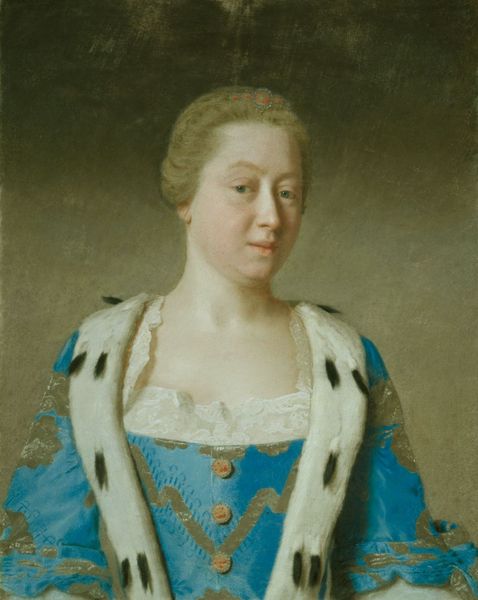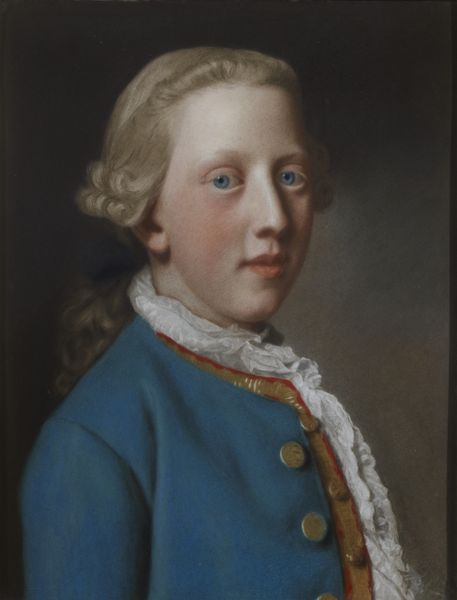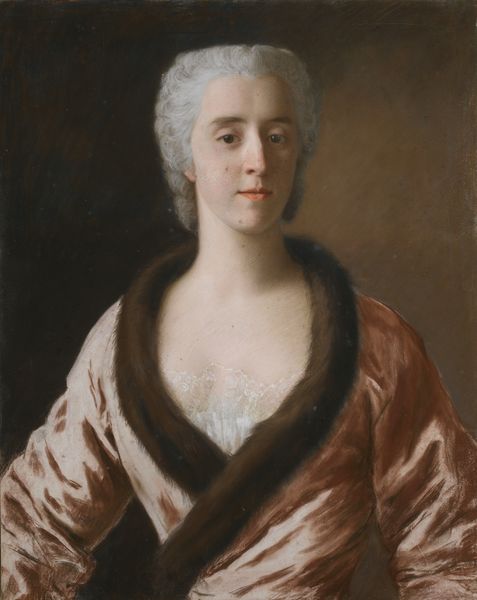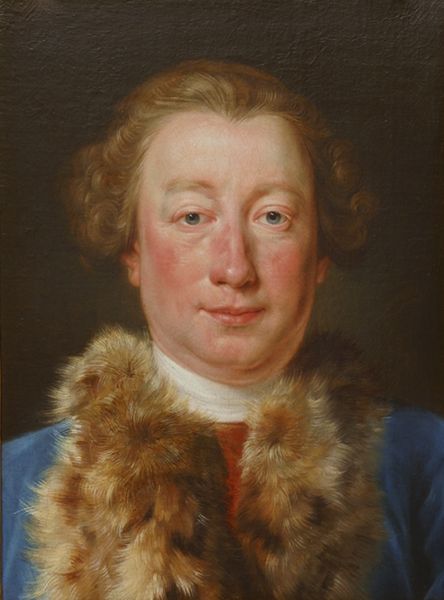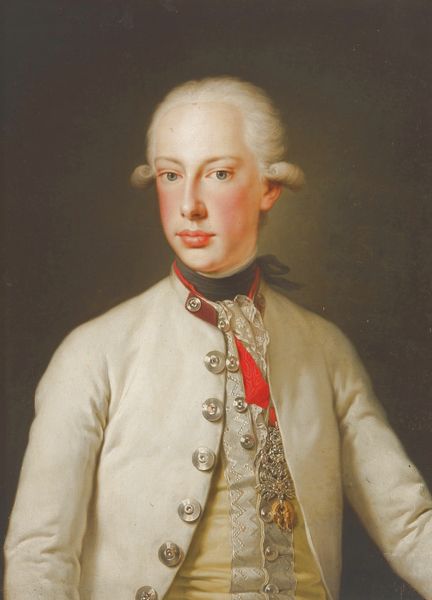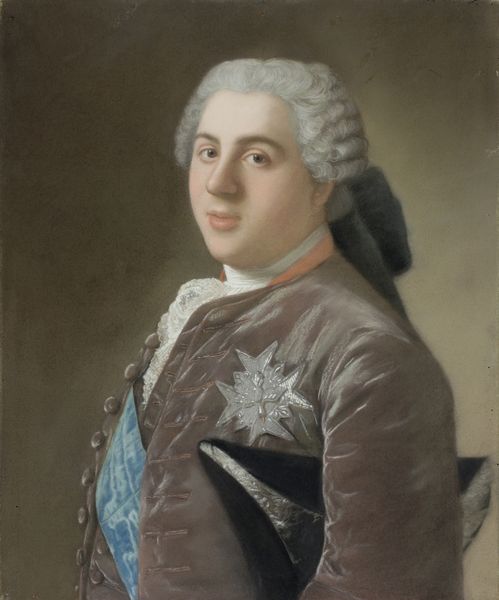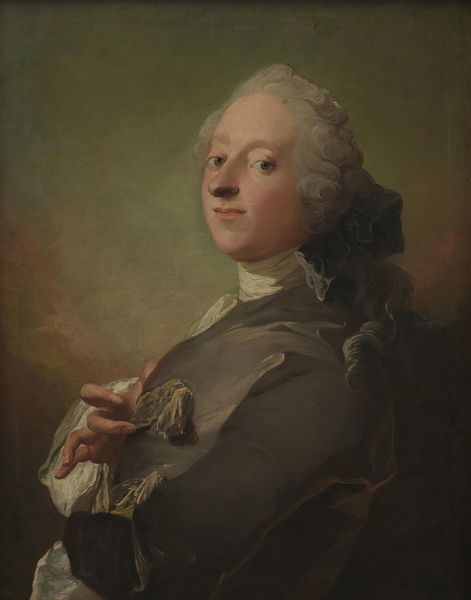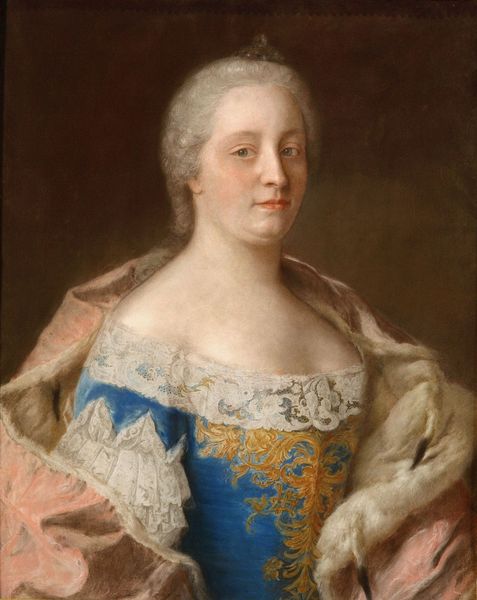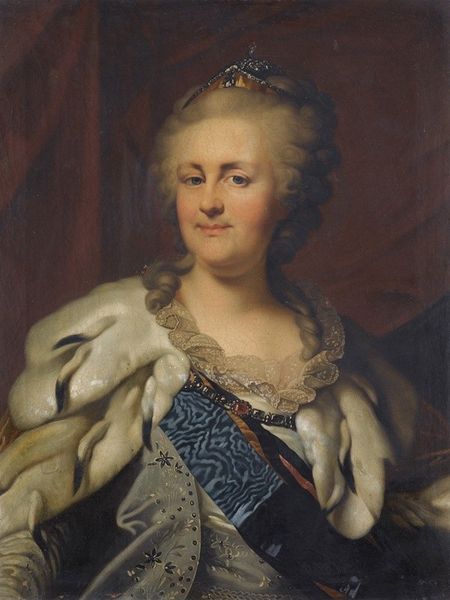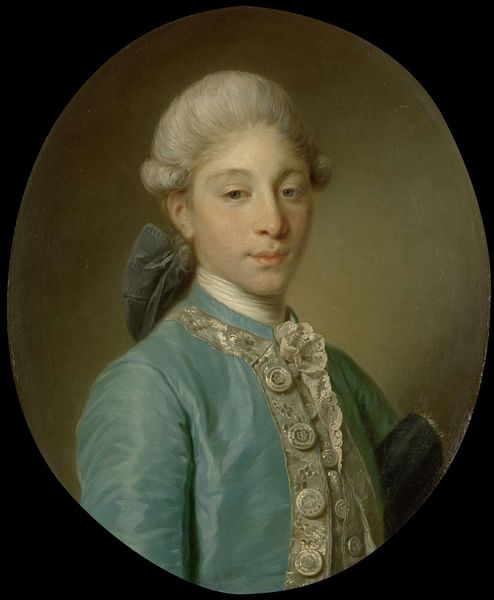
Portrait of George, Prince of Wales, Later George III 1754
0:00
0:00
jeanetienneliotard
Royal Collection (Buckingham Palace), London, UK
tempera, painting, pencil, pastel
#
portrait
#
tempera
#
painting
#
pencil
#
pastel
#
history-painting
#
academic-art
#
rococo
Copyright: Public domain
Jean-Étienne Liotard, a Swiss painter, likely created this pastel portrait of George, Prince of Wales, the future George III, while working for various European courts. This image tells us much about the British monarchy and its relationship to continental Europe in the 18th century. Note the elaborate clothing, a sign of both wealth and a highly mannered court culture. The portrait creates meaning through visual codes like these, as well as cultural references and historical associations. To understand its context, we need to consider how royal patronage shaped artistic production. Was Liotard commissioned, and if so, what was the patron’s intention? Was it to project power, lineage, or something else? Royal collections and historical records can help us understand the complex interplay of art, power, and social life in 18th-century Britain. Art is more than just aesthetics; it reflects the social and institutional contexts of its time.
Comments
No comments
Be the first to comment and join the conversation on the ultimate creative platform.
